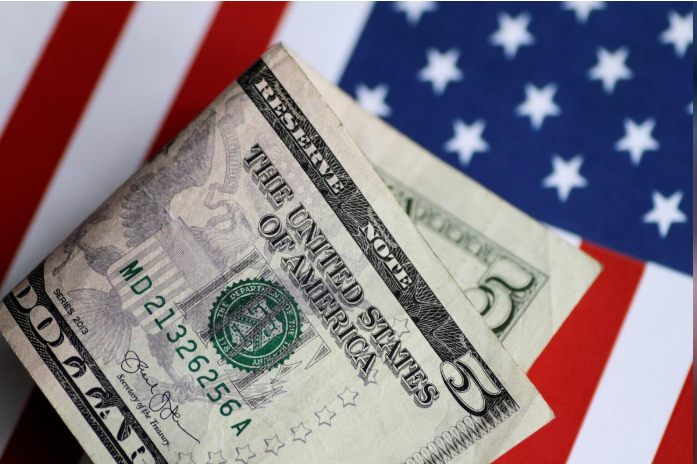Blog
Top Things to Know in the Market on Wednesday, May 13th
- 2020-05-13
- Traiding Idea

Oil falls amid concerns about second wave of virus, rise in U.S. inventories
Oil prices fell on Wednesday on concerns about a possible second wave of Coronavirus infections in countries starting to ease lockdowns while industry data show an increase in U.S. crude inventories.
These concerns have overshadowed Saudi officials' promises to further reduce oil production. Earlier this week, Riyadh announced it was cutting production by another 1 million barrels to help stabilize the oil market.
On Tuesday, the Saudi cabinet urges OPEC+ countries to reduce production to balance the global oil market.
Brent crude fell 58 cents, or 1.9 %, to settle at $ 29.40 a barrel today.
U.S. crude was down 39 cents, or 1.5 %, at $ 25.39 a barrel after jumping about 7% in the previous session.
"While the market feels more comfortable on the supply side of the equation, on the demand side, the focus will continue to revolve around the risks of easing lockdowns," said Stephen Innes, chief markets strategist at AxiCorp.
Anthony Fauci, an infectious disease expert at the U.S. government, told Congress on Tuesday that easing coronavirus lockdowns may set off the second wave of coronavirus outbreaks, which has killed 80,000 Americans so far and badly damaged the country's economy.
Recently, following the reduction of social restrictions, new cases of COVID-19 have been reported in South Korea and China.
The Coronavirus crisis has caused the largest drop in U.S. consumer prices since 2008
U.S. Consumer prices fell the most in April since the Great Depression, mainly due to declining demand for gasoline and services such as airline travel as Americans stayed at home during the Coronavirus crisis.
The U.S. government reported last week that 21.5 million jobs were lost in April, the deepest drop since the Great Depression. The U.S. economy contracted in the first quarter of this year at its steepest pace since the 2007-2009 downturn.
Deflation, a decline in the general price level, is harmful during a recession because consumers and businesses are delaying their purchases in hopes of lower prices.
“The economic collapse has taken a dangerous turn where now it is consumer prices that are being pulled down into the abyss as consumers sitting at home have postponed their purchases. Part of the reason the Great Depression lingered so long was because consumers knew they could wait till next year to buy cars and refrigerators and homes at a cheaper discount,” said Chris Rupkey, chief economist at MUFG in New York.
The consumer price index dropped 0.8 % last month after falling 0.4 % in March. This is the largest decrease since December 2008.
Gasoline prices tumbled 20.6 %, the largest decrease since November 2008, after falling 10.5% in March.
Cheaper gasoline amid a collapse in crude oil prices offset a 1.5 % increase in food costs last month.
Economists predict that the consumer price index will fall 0.8 % in April and rise 0.4 % year on year.
Stock markets
Stocks in Asia Pacific markets fluctuated as new cases of coronavirus reported in some regional countries as they start to reopen their economies.
Japan's benchmark Nikkei 225 lost 0.49% and closed at 20,267.05. The Hang Seng in Hong Kong advanced 0.06% to 24,261.33.
China's Shanghai Composite gained 0.18% and ended at 3,969.10. In Australia, the S&P/ASX 200 index surged 0.35% to 5,421.90.
Among other major Asian indices, TOPIX (Tokyo Stock Price Index) was down.
In the United States, The Dow Jones Industrial Average fell 1.89 % to 23,764.48.
The S&p 500 slipped 2.05 %, to 2,870.12 while The Nasdaq composite closed 2.06 % lower at 9,002.55.

